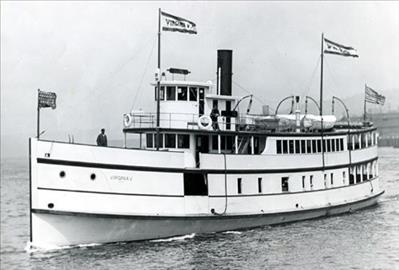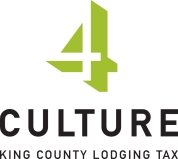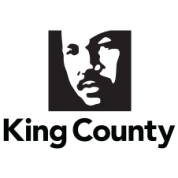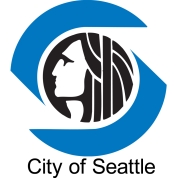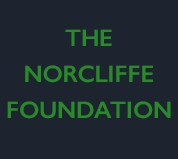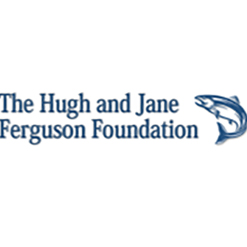This Week Then
3/9/2023
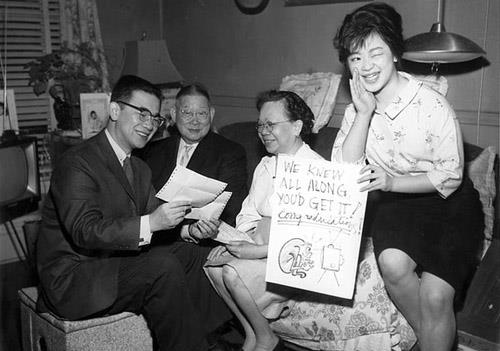
Wing Luke's Election
On March 13, 1962, Wing Luke was elected to the Seattle City Council, becoming the first Chinese American elected to a high political post in a large mainland American city. A veteran of World War II, Luke had been an assistant state attorney general from 1957 to 1962 before mounting his successful campaign for the council. He is shown above celebrating with his parents and sister the day after the election.
While in office, Luke championed urban renewal, historical preservation, and most notably, civil rights. The young councilman was very well liked, and considered by many to be a future candidate for mayor or congress. Sadly, those dreams went unfulfilled. In 1965, Luke and two others were killed in a plane crash in the Cascade Mountains. The wreckage was not discovered until three years later.
Today Wing Luke's legacy lives on in Seattle's Wing Luke Asian Museum and Wing Luke Elementary School. Washington's Chinese American community had further reason to be proud when, in 1996, Gary Locke was elected as the first Chinese American governor in the nation. Locke later became President Barack Obama's Secretary of Commerce before being chosen as the first Chinese American to serve as U.S. Ambassador to China.
A Skyward Direction
On March 11, 1910, Washingtonians got their first look at an aeroplane when Charles Hamilton demonstrated his Curtiss biplane on the muddy expanse of the Meadows Race Track in Georgetown. The next day, Hamilton dunked the machine into a pond, which didn't stop the aviator from wowing crowds in Spokane a few weeks later.
Dirigibles and airships had already been seen in the Northwest skies, but Hamilton was the first to pilot a heavier-than-air craft. Soon other daredevils took flight, including one who “bombed” Seattle in 1914 to demonstrate the superiority of air power during war.
One person who took a keen interest in this new form of transportation was Bill Boeing, who had attended the first American air races in Los Angeles in January 1910. The young timber magnate was fascinated with flight but his attempts to hitch a ride in an airplane were frustrated until 1915, when he took to the skies for the first time.
Within a year, he was flying his own planes -- ones that he hoped to sell to the Navy. He didn’t get the contract, but the company persevered, almost to the point of bankruptcy. At the urging of others -- including his wife, Bertha -- Boeing secured a small air mail contract, which led to a more lucrative route and thus saved the day. In 1928, Seattle’s first municipal airport opened at Boeing Field, very near to the site where Charles Hamilton flew his Curtiss biplane just 18 years earlier.
